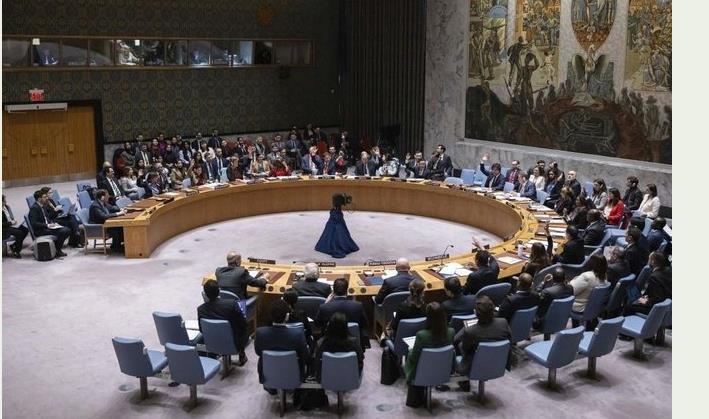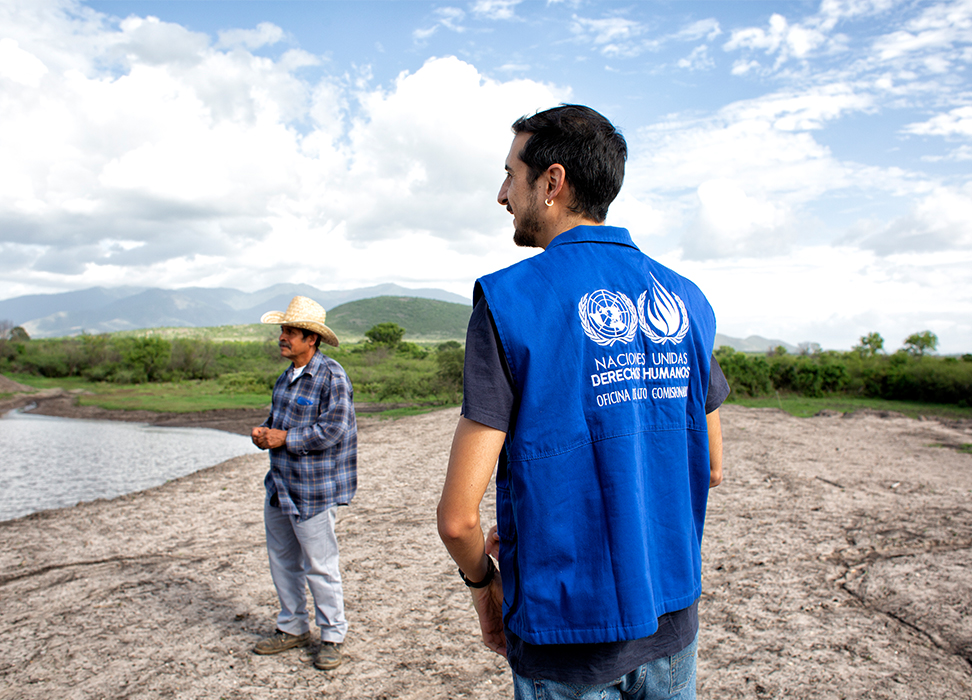
Keir Starmer has urged all sides to pull back from the brink in the Middle East as he addressed the House of Commons on the anniversary of the 7 October attack by Hamas on Israel.
With Israel yet to decide how to respond to Iran’s unprecedented missile strike last week, the prime minister said he supported “Israel’s right to defend herself against Iran’s aggression, in line with international law”.
But he added: “The region cannot endure another year of this. Civilians on all sides have suffered too much. All sides must now step back from the brink and find the courage of restraint.”
Starmer described the firing of 180 missiles at Israel as “not a defensive action by Iran, it was an act of aggression … in response to the death of a terrorist leader”. Iran’s attack was prompted by the Israeli killing of the Hezbollah leader, Hassan Nasrallah, in Beirut 10 days ago.
He said Hezbollah had fired a year-long barrage of attacks at Israel, forcing 60,000 people to flee from their homes, and said UN resolutions required Hezbollah to move back to north of the Litani River.
Starmer also indicated the UK would take no part in any retaliation by Israel against Iran.
Referring to the 7 October attack, he told MPs: “Nobody in this house can truly imagine what it feels like to cower under the bodies of your friends hoping a terrorist won’t find you, mere minutes after dancing at a music festival.
“Nobody in this house can truly imagine seeing your city, your homes, your schools, your hospitals, your businesses obliterated, with your neighbours and family buried underneath. It is beyond our comprehension, and with that should come a humility.”
He said the first anniversary of the 7 October attack was also a “day of grief” for the wider Middle East.
“Over 41,000 Palestinians have been killed, tens of thousands orphaned, almost 2 million displaced, facing disease, starvation, desperation, without proper healthcare or shelter,” Starmer said. “It is a living nightmare and it must end.”
Although he admitted the chances of a ceasefire seemed remote, let alone a two-state solution, Starmer said diplomacy was slow and required the UK to work in unity with international partners. He added that Palestine deserved recognition as a state but said this should happen at the point of maximum impact.
Starmer denied suggestions that there had been any stepping back in the government’s support for Israel, and rejected repeated calls for a complete ban on UK arms exports to the country. He said “to do so would include a ban on arms for defensive purposes”, something he opposed. However, he issued stern words over the Israeli government’s approach to aid in Gaza.
“There are ongoing restrictions in aid that are impossible to justify. Israel must open more crossings,” Starmer said. “Crucially, they must provide a safe haven for aid workers. Too many have been killed, including three British citizens. Israel must act now so that, together with our allies, we can surge humanitarian support ahead of the winter.”
As the statement progressed, more MPs broke the call for unity, either demanding tougher action on Iran or decrying the death toll of children and calling for a ban on arms sales.












